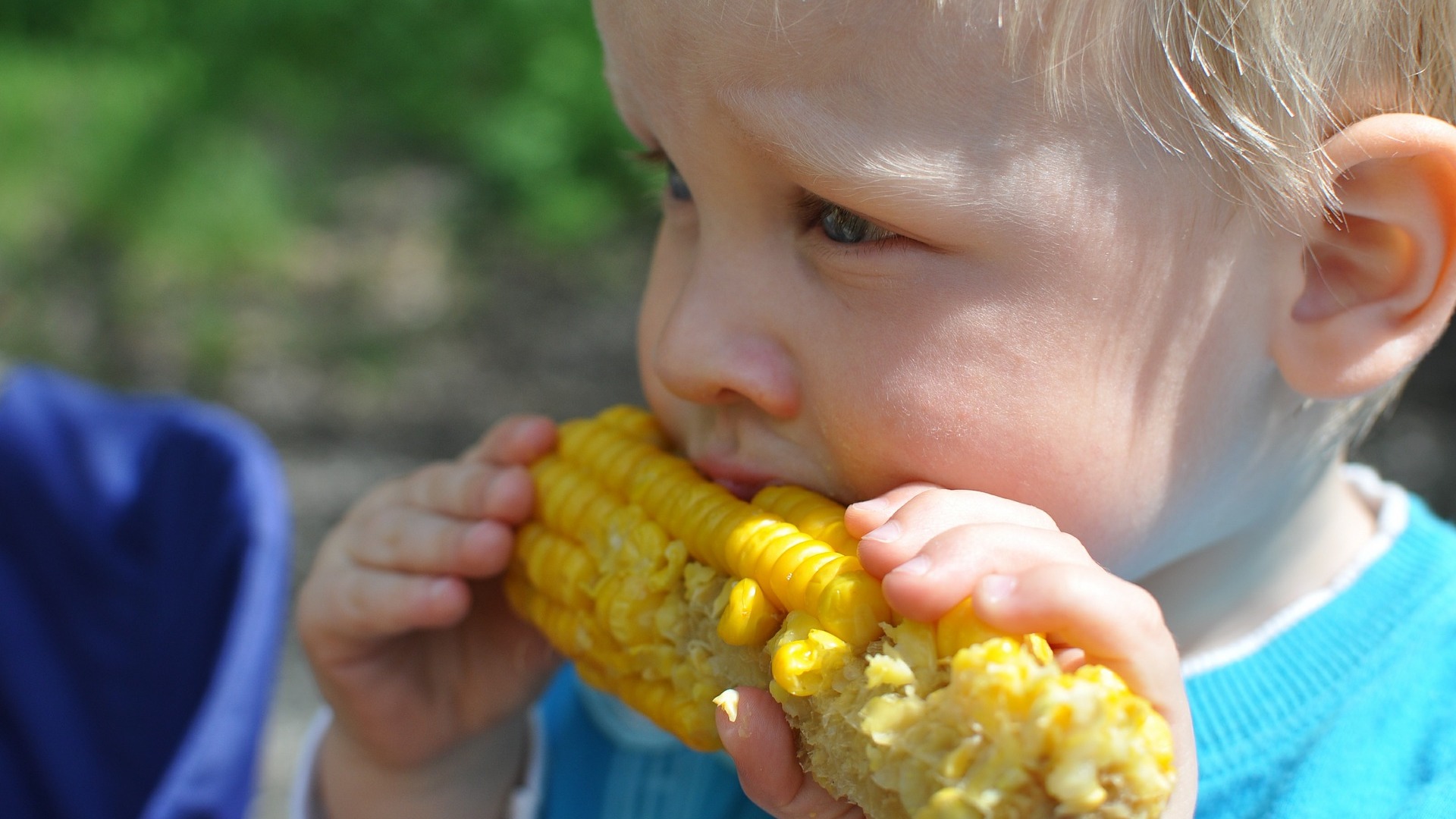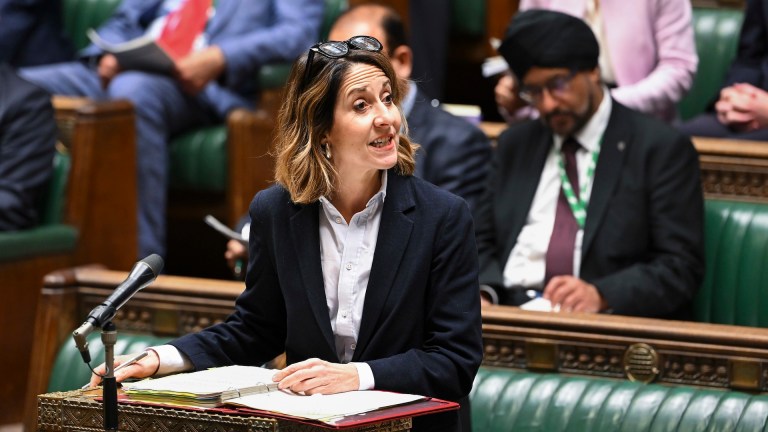Food production is responsible for around a quarter of global greenhouse gas emissions and accounts for roughly a fifth of the UK’s carbon footprint.
Food which does not harm the environment – meaning the ways it is grown, harvested, transported, processed and packaged must change – should count for the majority of calories consumed by Brits by the year 2030, the researchers said.
As well as enshrining the right to food in law – which would make ministers legally accountable for ensuring no one in the UK goes hungry – the Government should expand free school meals to every child living in a household which receives universal credit, according to the report, while establishing a UK Food Commission to monitor the country’s progress on food poverty.
This would cost the country around £275m, researchers estimated, but would be justified by the long-term health and economic benefits.
“Many people have spent the last decade fighting for their communities, doing what they can to keep people’s heads above water,” Byrne added. “Outstanding acts of selfless activism. But always putting a sticking plaster to a gaping wound.
“That’s what we’ve tried to do with the Right to Food, get people to ask: how can we end this situation?”
The state should also give low-income families £21 per week in “healthy child vouchers” which could be spent on any foods which contain low amounts of sugar, fat or salt, in acknowledgment of the higher costs of healthier foods.
“A healthy meal shouldn’t cost the earth, it should help save it,” said Luke Murphy, head of the IPPR Environmental Justice Commission.
“Ensuring everyone has access to a healthy and environmentally friendly meal should be the goal of any policy action to improve the way food is produced and consumed.”
This “bold but common sense” action on UK hunger should be coupled with urgent climate action, according to the report, including a 2030 ban on all imported food which can be linked to deforestation.
Transforming the food sector should also mean a focus on buying local, they said, calling on ministers to invest in local food marks in areas where residents do not already have easy access to cheap, sustainable food from their area.
“For too long, different parts of the food system have been considered in isolation, when in reality all dimensions, from the impacts of unsustainable farming practices on nature to childhood hunger, interact with each other,” said Dr Paul Coleman, public health registrar at the University of Warwick.
A Government spokesperson said: “Since March last year, we have spent billions to deliver an impressive package of economic and welfare support to protect and support the incomes and needs of families and children.
“We continue to work closely with the food industry to ensure people across the country have the food and supplies they need, as well as introducing legislation to help ensure there is no place for illegally produced commodities on our supermarket shelves.”









